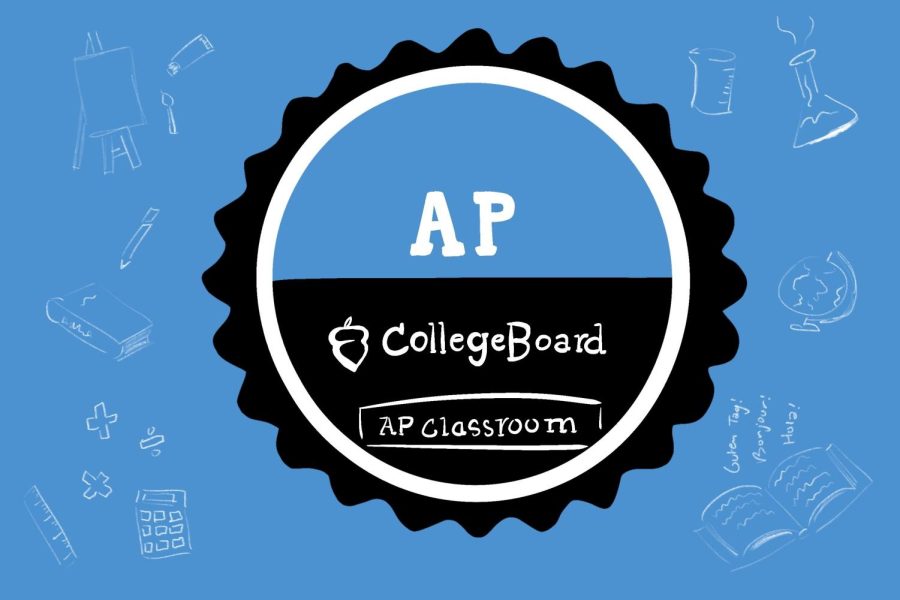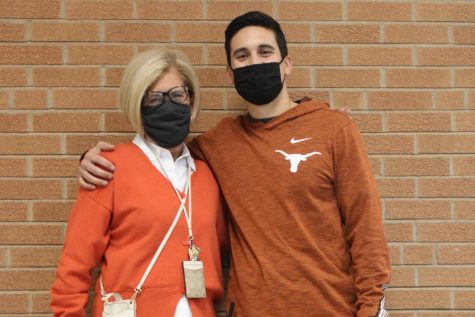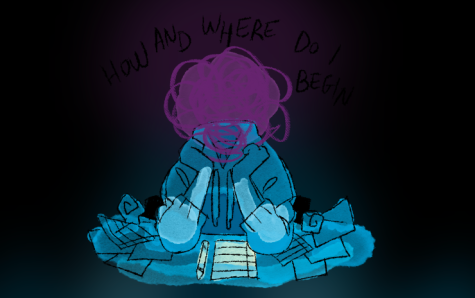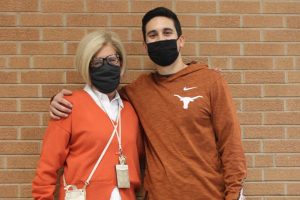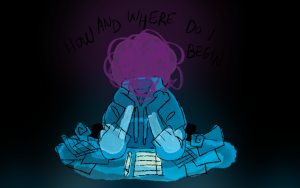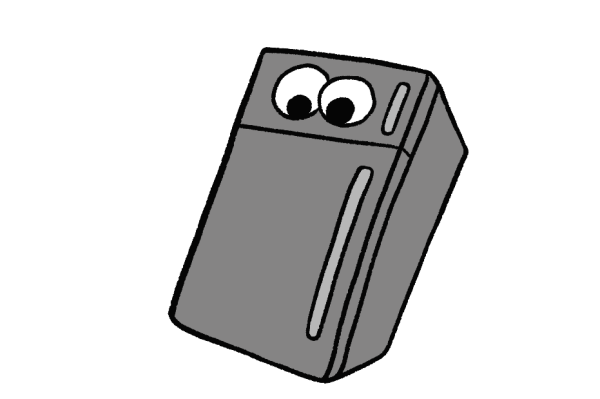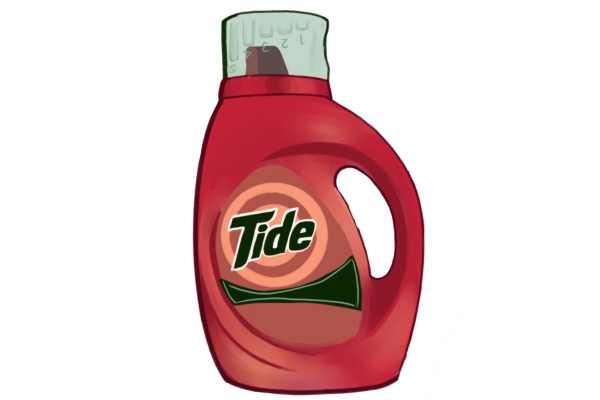The most difficult AP course for each subject
This is a list of the most difficult AP classes in each subject that KHS offers. The ranking is based on my opinions and contains advice for anyone interested in taking the class.
When creating a class schedule, students may wonder how many Advanced Placement (AP) classes are too many. This is a list of the most difficult AP classes in each subject that KHS offers. The ranking is based on my opinions and contains advice for anyone interested in taking the class. So before you load up on AP courses, check out this ranking to see what you are really signing up for.

English: AP Language and Composition – Sophia Ave, senior
A normal day in the class: The class starts with an inspirational video and a short discussion. Then the teacher introduces the assignment and gives work time.
Homework amount: The only homework assignments are essays, which the class has a lot of time to work on, so no more than an hour a day.
Tests: The summative work in the class is essays, which can take about two to four hours to write. There are also in-class essays.
Advice: “Always ask for help from the teachers because that is what they are there for,” Ave said. “I personally had been taking honors English classes, but I think if you are interested in English and haven’t been taking Honors English classes, it would be a fine AP class to take.”

Math: AP Calculus BC – Maggie Klein, senior
A normal day in the class: The class takes notes in the note packets during the lesson, and if there is extra time, they work on homework or ask questions.
Homework amount: 30-60 minutes per night.
Tests: You learn most of the information on the tests by just doing the homework.
Advice: “[AP Calculus BC] is fast-paced,” Klein said. “It is a hard class, and you have homework almost every night.”

Science: AP Chemistry – Jack Edwards, senior
Normal day: The day starts with a warm-up problem then the class works on a lab or notes.
Homework amount: 45 minutes per night.
Tests: The test covers material learned in class, so it’s not too difficult.
Advice: “I took Honors Chemistry, and I don’t feel like [AP Chemistry] is that much of a step up,” Edwards said. “I have heard that the AP test is much harder, so if you review for AP problems, it requires a good understanding of general science terms.”

Social Studies: AP United States History – Christopher Plants, senior
A normal day in the class: The class takes notes in prepared packets and will have a quiz over the notes every few days.
Homework amount: There is a lot of packet work and reading assignments which could take anywhere from 30 minutes to three hours per night.
Tests: Studying takes about three hours by looking over packets and the textbook.
Advice: “You just need to get on top of the packets and not get behind, or you will have to catch up at the end [of the unit].” Plants said.

Fine Arts: AP 3-D Art and Design – Jane Upmeyer, senior
A normal day in the class: Students choose to work on whatever project they want as long as it fits with a central theme called a “sustained investigation,” which they work on in class.
Homework amount: There is no homework except for the projects they work on throughout the year. The projects take time outside of class, during homeroom and lunchtime.
Tests: The summative grades are their projects and the critiques over that art.
Advice: “As long as you keep trying, you can succeed at [the class] because part of the portfolio can be experimental work,” Upmeyer said. “[The College Board] likes to see how you changed your ideas and how you adapt them.”
Practical arts: AP Computer Sciences Principles – Megan Cambell, freshman
A normal day in the class: The class starts with a short lecture, then they work on assignments on the website “Code HS.”
Homework amount: There is no homework unless you are not finishing work in class.
Tests: There are a lot of projects that cover a wide variety of computer science ideas, such as image filters and pixels. After each lesson, the class takes a short, simple test to see if they understand the material.
Advice: “The course starts off assuming you know nothing about computer science and works its way up,” Campbell said. “A lot of the people in [AP Computer Science Principles] are super passionate about coding and computer science, and it kind of just rubs off on everybody else.”

Language: AP French Language and Culture – Abigail Konopik, junior
A normal day in the class: The class will do exercises to prepare for the AP exam, then go over grammar and homework. They also have group discussions, with a three-minute break in the middle.
Homework amount: They have some grammar exercises and then a chapter of “Harry Potter” in French that they read and answer questions about every week. It takes about 20 minutes per night.
Tests: The final is always a project, and the weekly “Harry Potter” discussions are summative. The tests are not difficult because all the material is extensively gone over in class.
Advice: “You don’t need to worry about being ahead of other people or remembering [material] from all your other French classes,” Konopik said. “You just really need to be active in the class. As long as you’re interested in [French], I’d suggest taking it.
Your donation will support the student journalists of Kirkwood High School. Your contribution will allow us to purchase equipment and cover our annual website hosting costs.
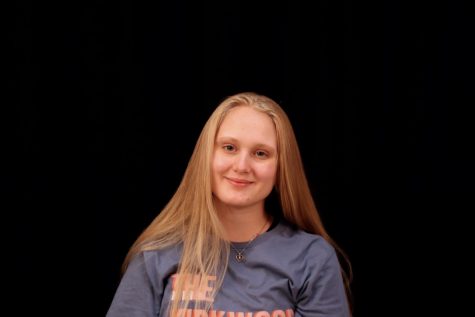
she/her
Hobbies and Interests: Reading, hanging out with friends, and Netflix.
Favorite Song: I don't have a favorite song, but my favorite artist...

she/her
Hobbies and Interests: I love art (obviously) and I really enjoy reading, I also like to knit and am trying to learn how to crochet.
Favorite...


